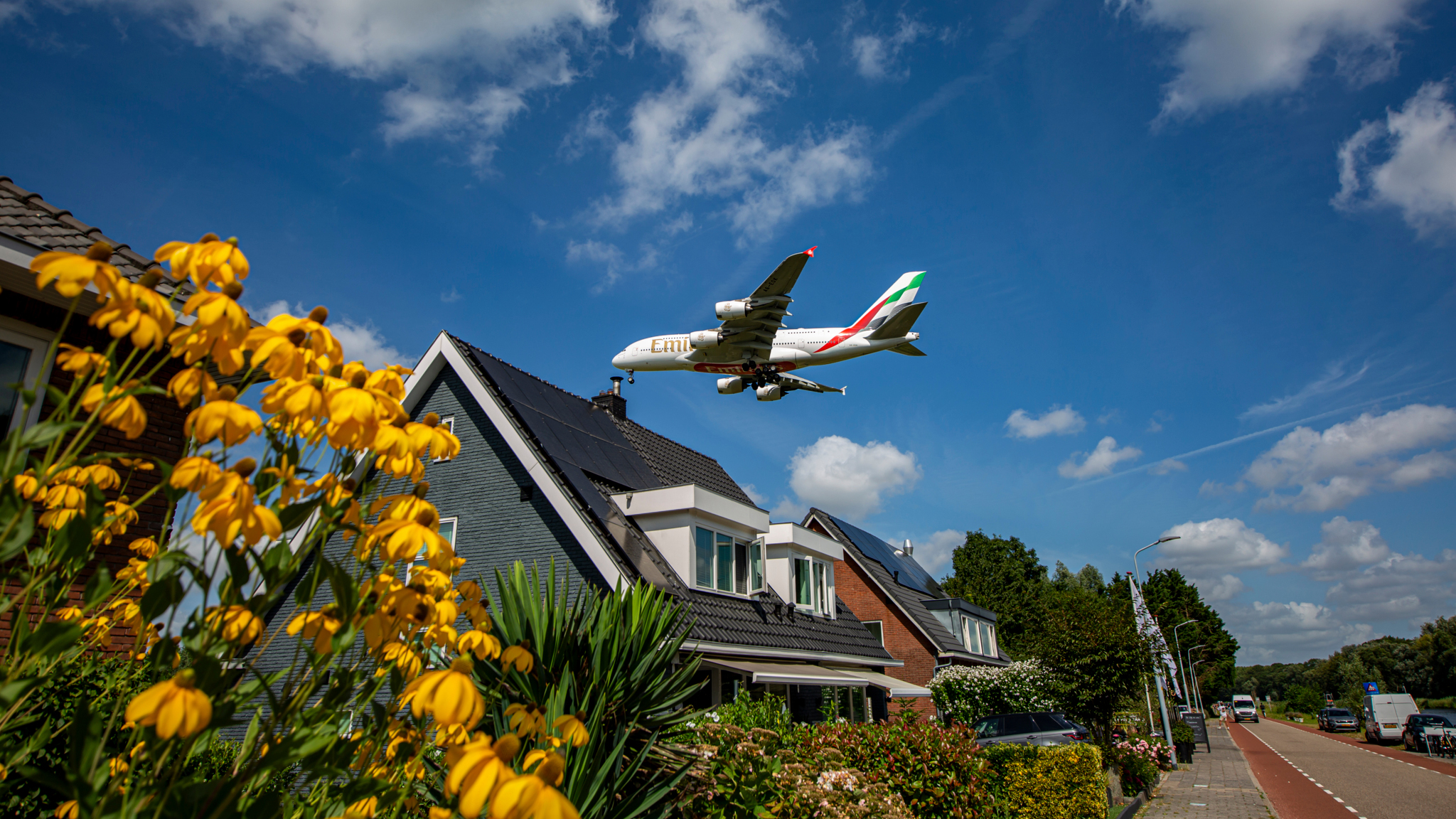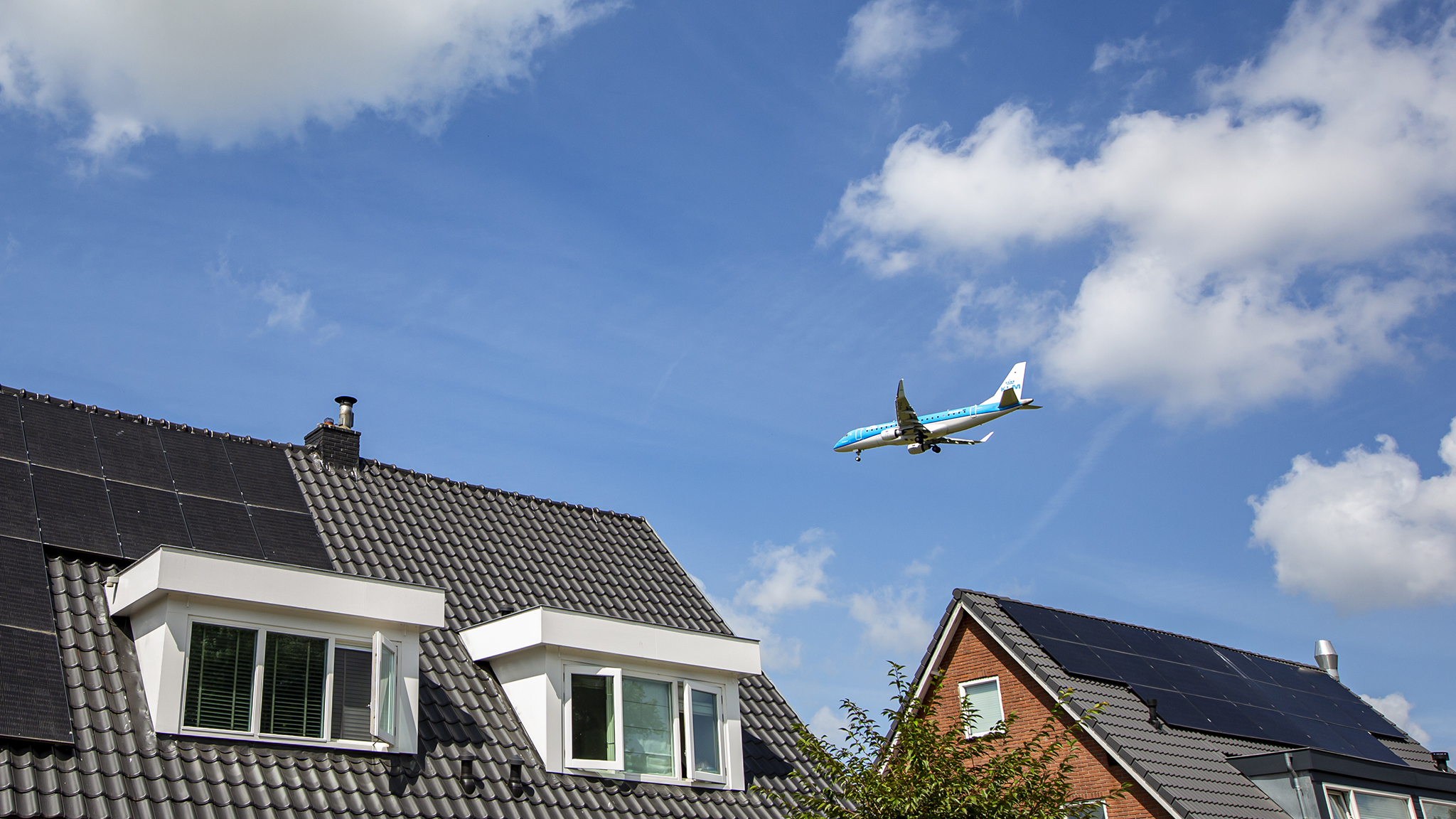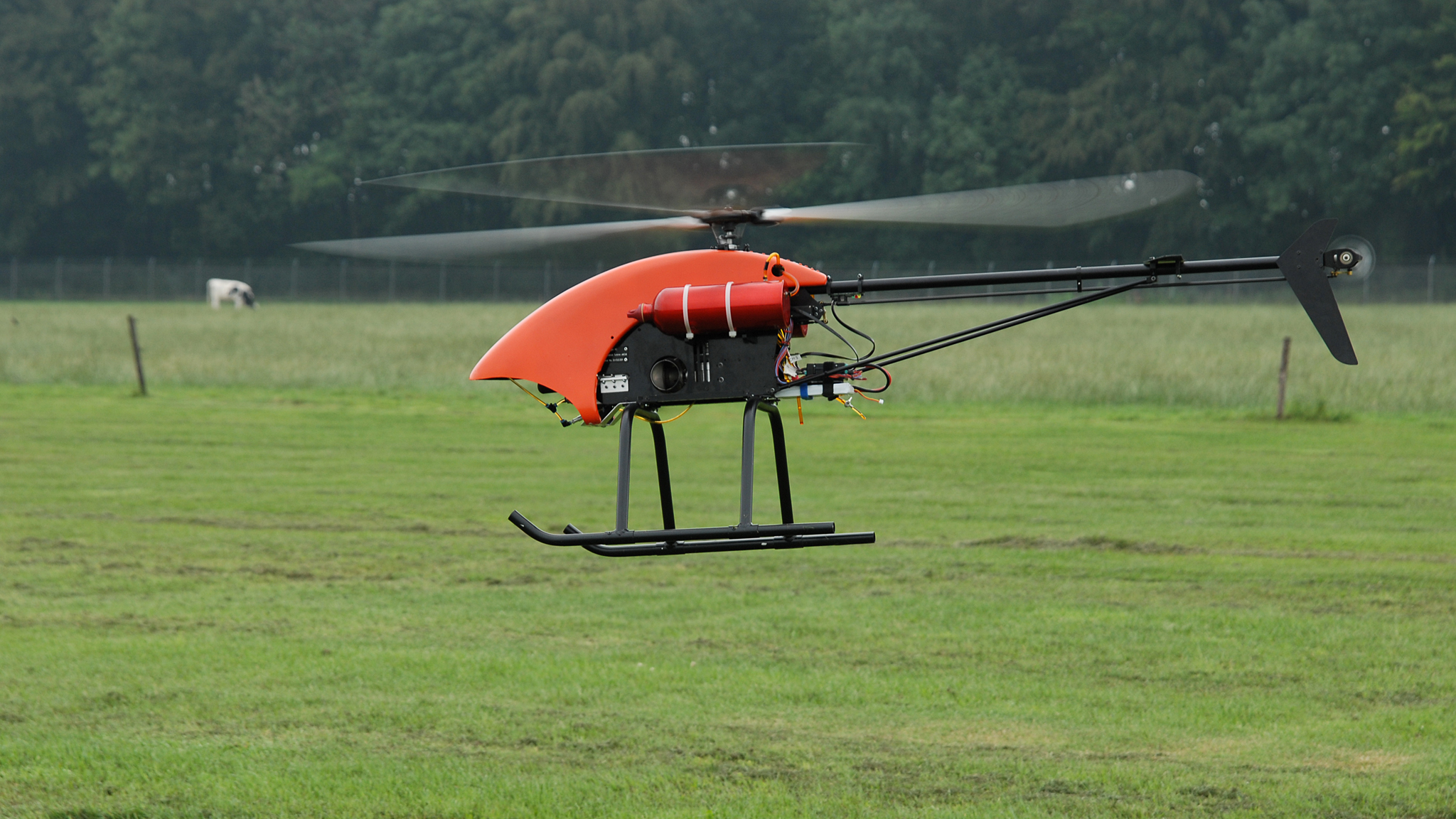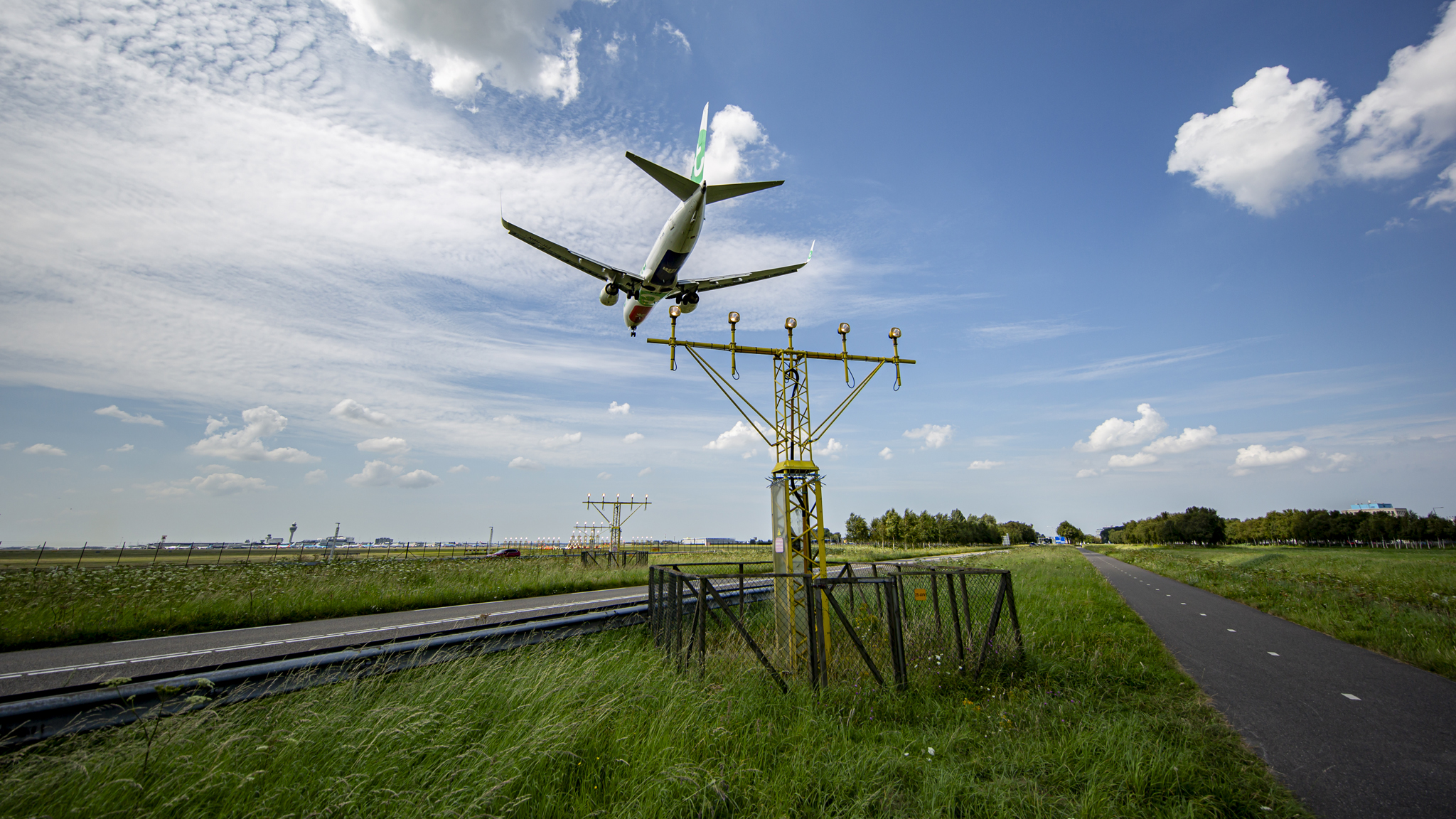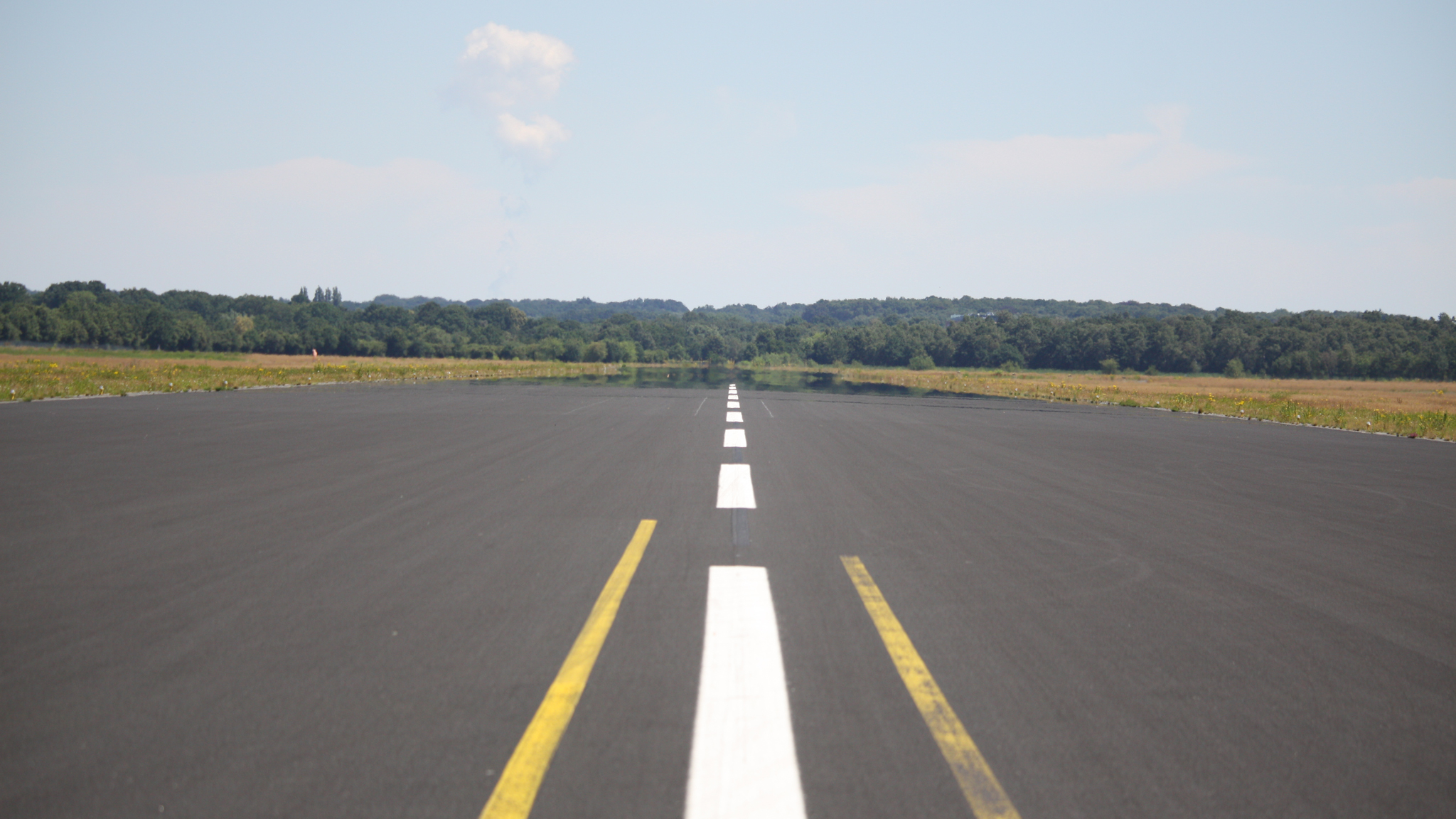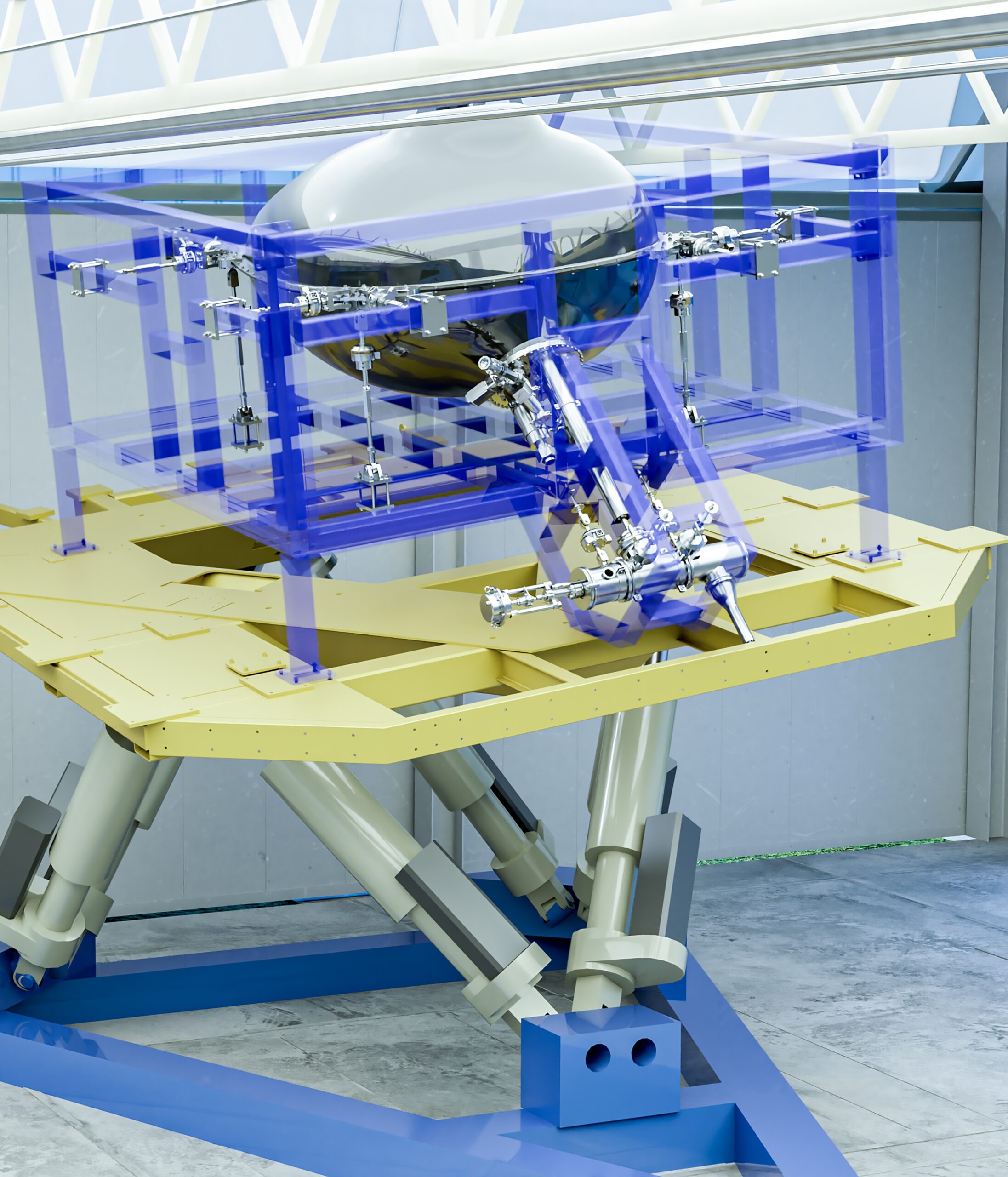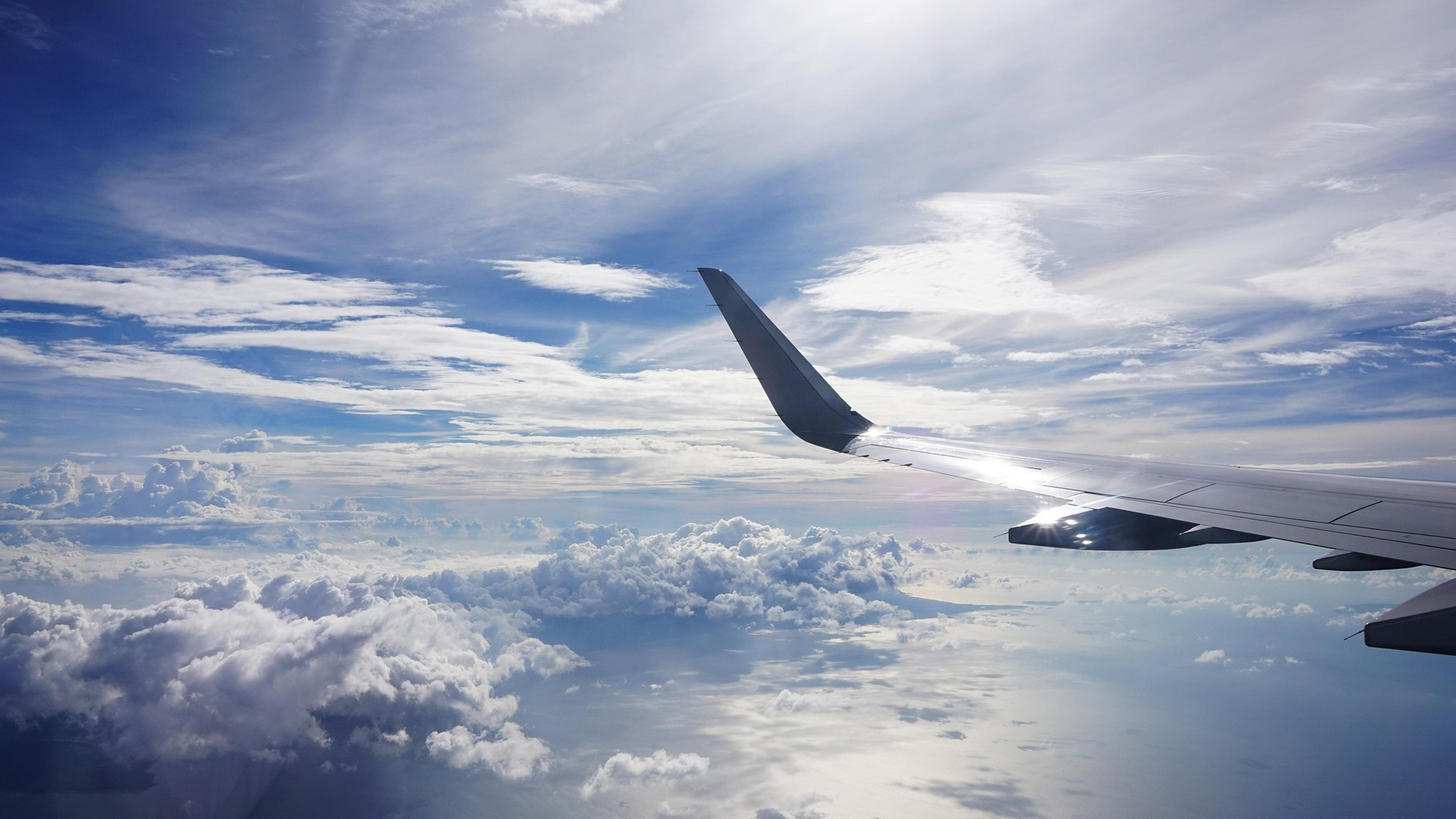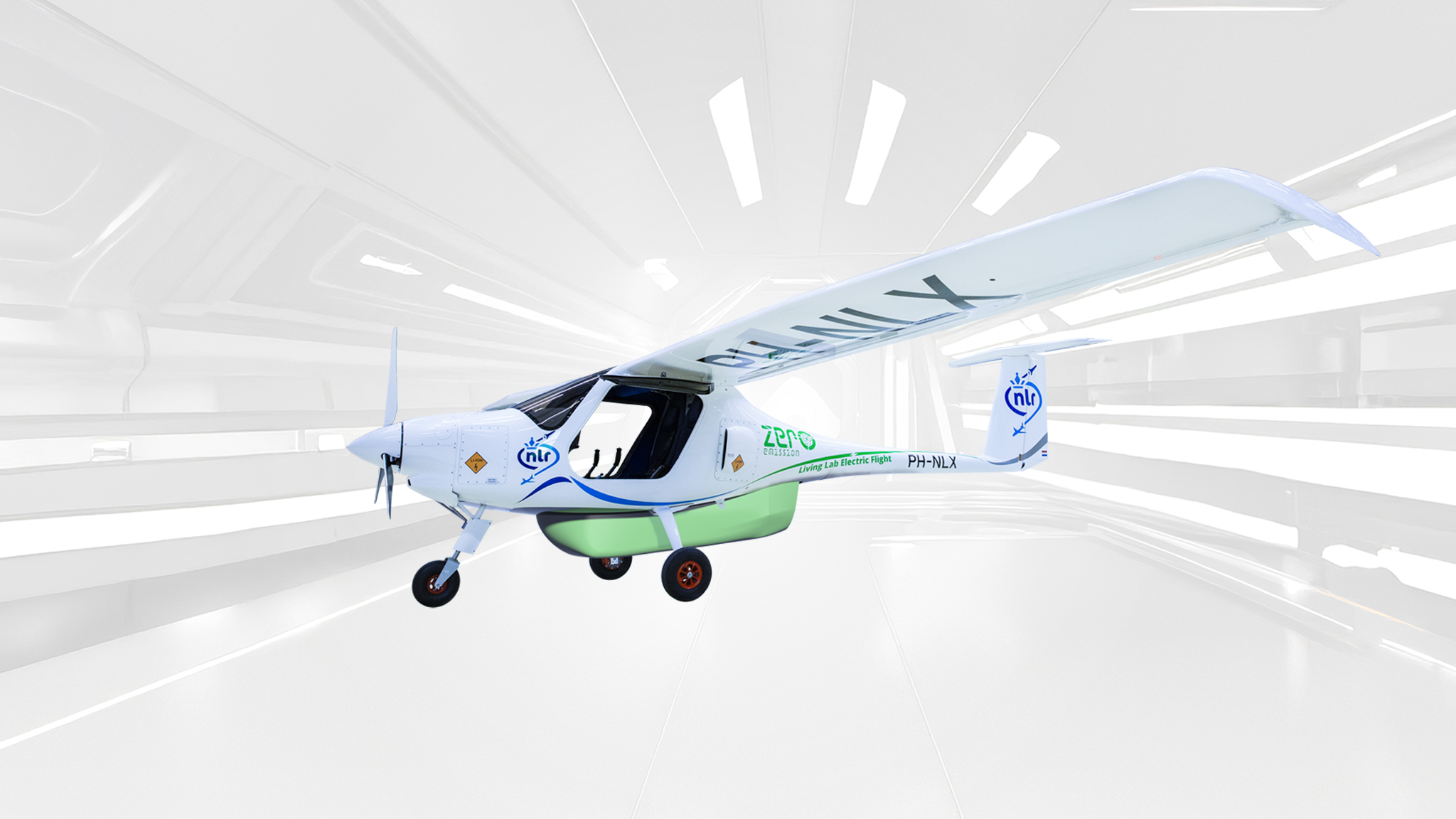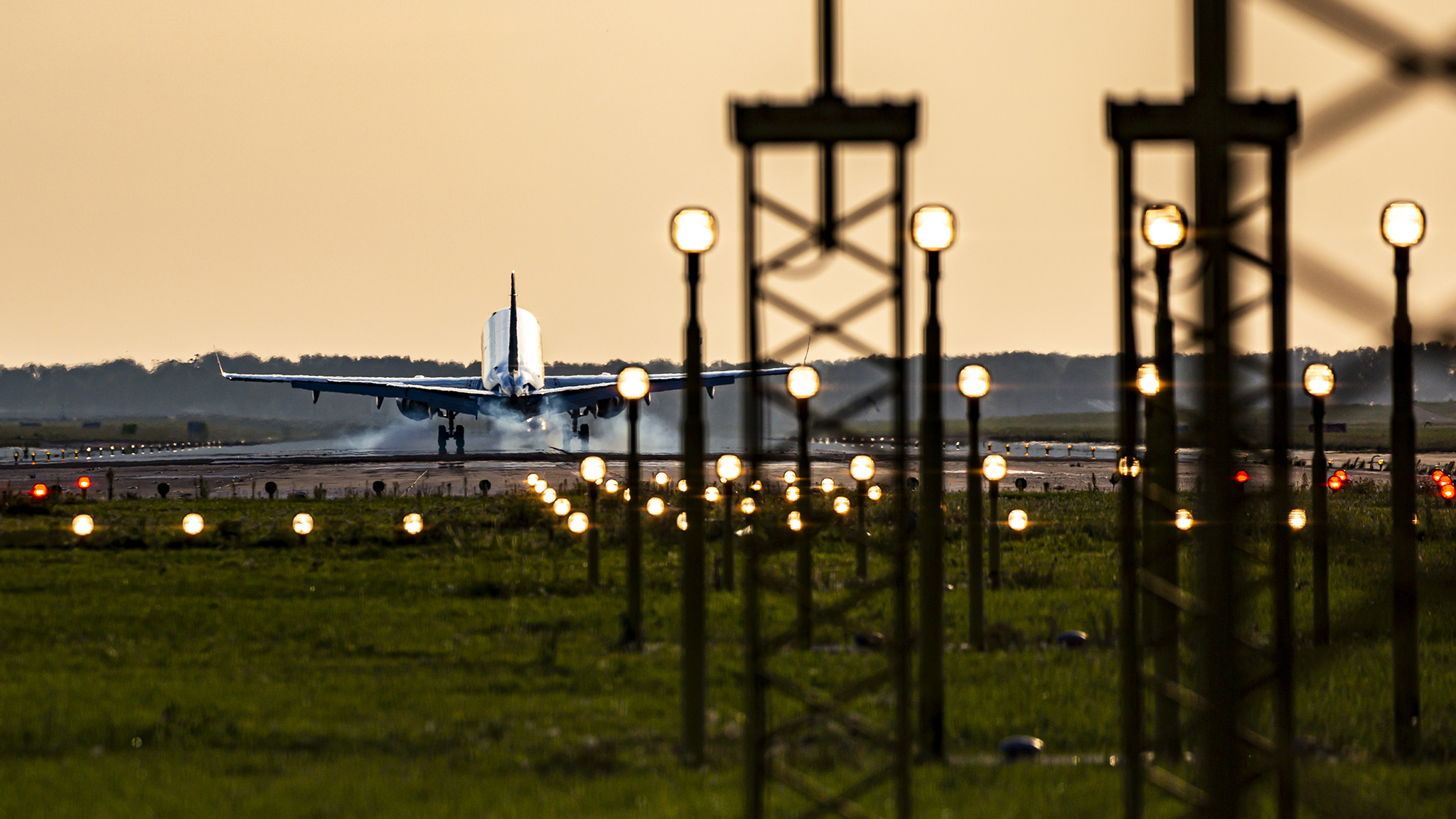
25 February 2025
Emission inventory and reduction
NLR’s expertise covers Air Traffic Management (ATM) technology and concepts, aircraft and airport operations, airport and airspace capacity, safety, aircraft and community noise, aviation emissions and impact mitigation options. We have developed and apply powerful and validated tools, for combined aircraft noise, emissions and third party risk calculation around airports (TUNA, LEAS-iT, TRIPAC), and an emissions policy analysis tool for aviation stakeholder analysis (AERO-MS), a virtual community noise simulator (VCNS), and airport tower and ATC fast-time simulators (NARSIM).
